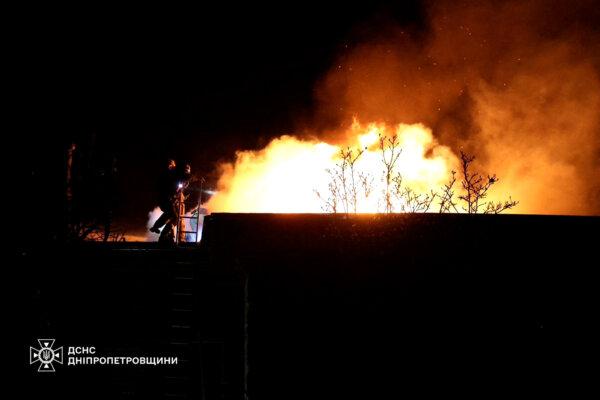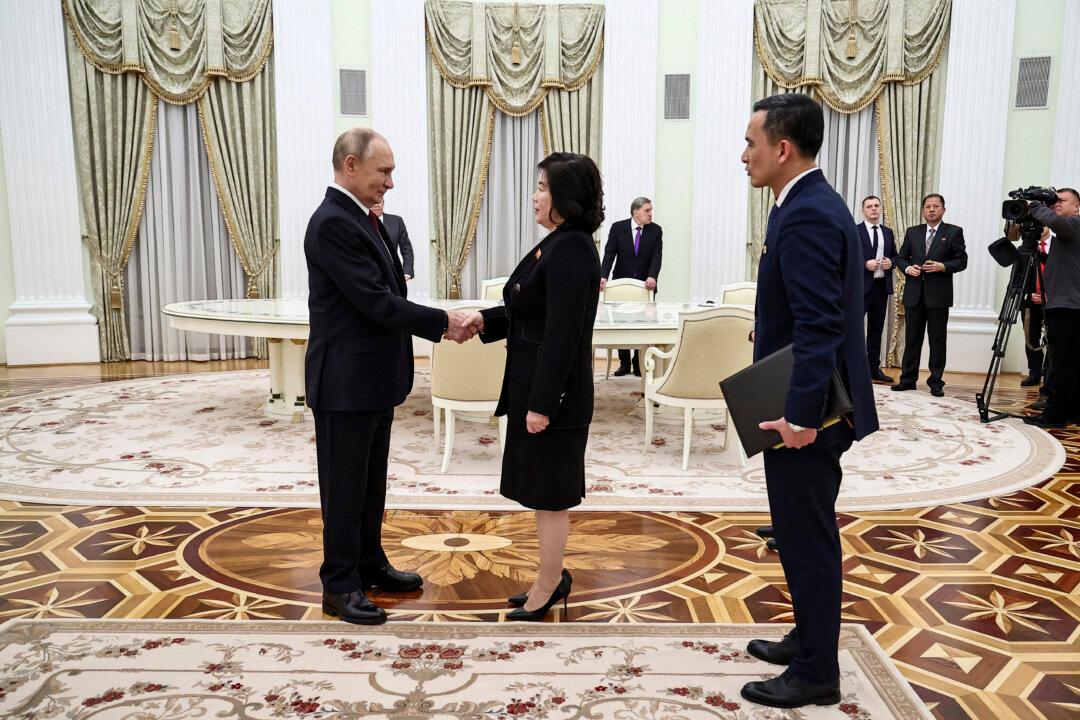South Korea’s national security adviser claims that Russia supplied North Korea with anti-air missiles and air defense gear in exchange for troops aiding Moscow’s war in Ukraine.
In an interview with the national broadcaster SBS that was aired on Friday, South Korean national security adviser Shin Won-sik said Russia had given North Korea economic and military technology support.
Troops
The comments came amid close military cooperation between Pyongyang and Moscow, and amid assertions that North Korea sent more than 10,000 troops to Russia to support its invasion of Ukraine.South Korean lawmakers, citing the country’s spy agency, said this week that around 10,900 North Korean troops had been deployed to Kursk as part of Russia’s airborne and marine units facing Ukrainian forces.
North Korea has also shipped additional arms for the war in Ukraine, including self-propelled howitzers and multiple rocket launchers, parliament intelligence committee member Lee Seong-kweun told reporters, citing the National Intelligence Service.
Escalation
Last month, NATO confirmed that North Korean troops had been sent to Russia to aid in its war against Ukraine.
Putin said on Nov. 21 that Russian forces used a hypersonic medium-range ballistic missile (MRBM) to strike targets in the eastern Ukrainian city of Dnipro, in a televised address in Moscow.
Putin
On Nov. 22, Ukrainian President Volodymyr Zelenskyy said the new ballistic missile that Putin used struck the city of Dnipro, one of Ukraine’s largest cities.He said that “this is already Russia’s second step toward escalation this year.”
“The first was involving North Korea in the war against Ukraine with a contingent of at least 11,000 soldiers,” he said.
“Putin must feel the cost of his deranged ambitions. Response is needed. Pressure is needed. Russia must be forced into real peace, which can only be achieved through strength.”
Putin has warned that he views long-range strikes inside Russia as a significant escalation in the ongoing Russia–Ukraine war.
“In response to the use of U.S. and British long-range weapons, on November 21 of this year, the Russian armed forces launched a combined strike on one of the facilities of the military-industrial complex of Ukraine,” Putin said on Nov. 21.







